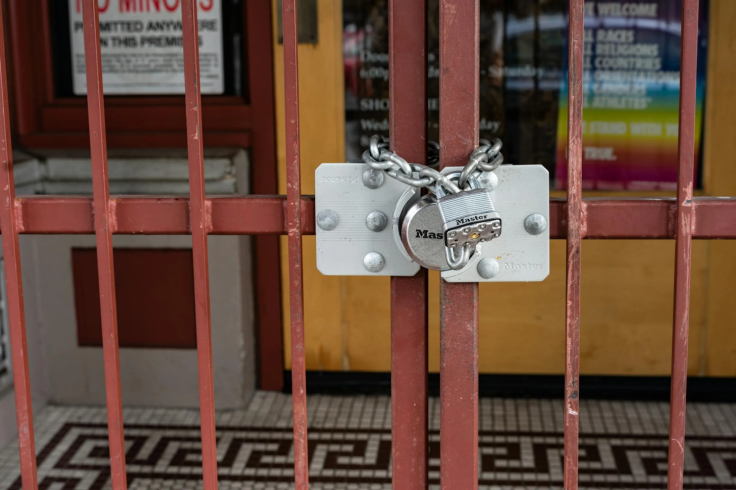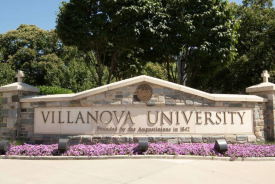Pittsburgh Technical College Announces Closure Amid Enrollment Decline and Market Pressures
ByThe Board of Trustees announced on Monday that Pittsburgh Technical College (PTC) will be closing its doors this August.
Citing declining enrollment, market pressures, and inflation exacerbated by the COVID-19 pandemic, as well as changing perspectives on higher education, the closure marks the end of a challenging era for the small private college. Despite exhaustive efforts to find a sustainable path forward, the board ultimately determined that closing was the only viable option.

A Year of Turmoil and Uncertainty
The decision to close PTC follows a tumultuous year marked by significant institutional upheaval. Last year, the college experienced a dramatic shake-up when board members resigned en masse following a vote of no confidence in President Alicia Harvey-Smith by the employees. This unprecedented move underscored deep-seated issues within the college's administration and governance.
In March, PTC's accreditor, the Middle States Commission on Higher Education, placed the college on probation, signaling serious concerns about its compliance with accreditation standards. The probationary status cast a shadow over the college's future, further eroding confidence among students, faculty, and prospective enrollees. The situation reached a critical point last week when Middle States declared that PTC was "in danger of imminent closure," a stark warning that underscored the precariousness of the college's situation.
Navigating a Shifting Higher Education Landscape
The challenges faced by PTC are reflective of broader trends impacting higher education institutions across the United States. Declining enrollment has been a significant issue for many colleges and universities, driven in part by demographic changes, rising tuition costs, and evolving attitudes towards the value of a traditional college education. The COVID-19 pandemic has further exacerbated these challenges, leading to financial strain and operational disruptions that many institutions have struggled to overcome.
Market pressures and inflation have also played a critical role in PTC's closure. The economic impact of the pandemic has led to increased operational costs for many colleges, from enhanced health and safety measures to shifts in technology and infrastructure to support remote learning. These financial pressures, combined with declining enrollment, have created an unsustainable situation for many small private colleges like PTC.
Additionally, the pandemic has accelerated changes in the perception of higher education. More students are questioning the return on investment of a college degree, especially as alternative educational pathways and career opportunities become more accessible. This shift in perspective has led to decreased demand for traditional college programs, further straining institutions already facing financial difficulties.
Supporting Students Through the Transition
In the wake of the closure announcement, PTC officials have emphasized their commitment to supporting current students as they navigate this unexpected transition. The college has entered into teach-out agreements with several other institutions, ensuring that students can complete their programs and earn their degrees despite PTC's closure. These agreements are crucial in providing continuity and stability for students who might otherwise find themselves adrift.
Additionally, PTC has vowed to assist students in making new plans before the campus shuts down on August 9. This support includes helping students transfer to other institutions, providing academic and career counseling, and offering resources to assist with the logistical challenges of transitioning to a new school. Ensuring that students can continue their education with minimal disruption is a priority for the college's administration during this difficult time.
The closure of Pittsburgh Technical College is a sobering reminder of the challenges facing higher education institutions today. As colleges and universities navigate a rapidly changing landscape, the experiences of PTC highlight the need for adaptability, resilience, and innovative approaches to sustain their missions. For the students, faculty, and staff affected by the closure, the priority now is to ensure a smooth transition and continued pursuit of educational goals in new settings.
© 2026 University Herald, All rights reserved. Do not reproduce without permission.








